Notícias
International Seminar on “South-South Cooperation on Sustainable Housing Policies” addresses local housing challenges
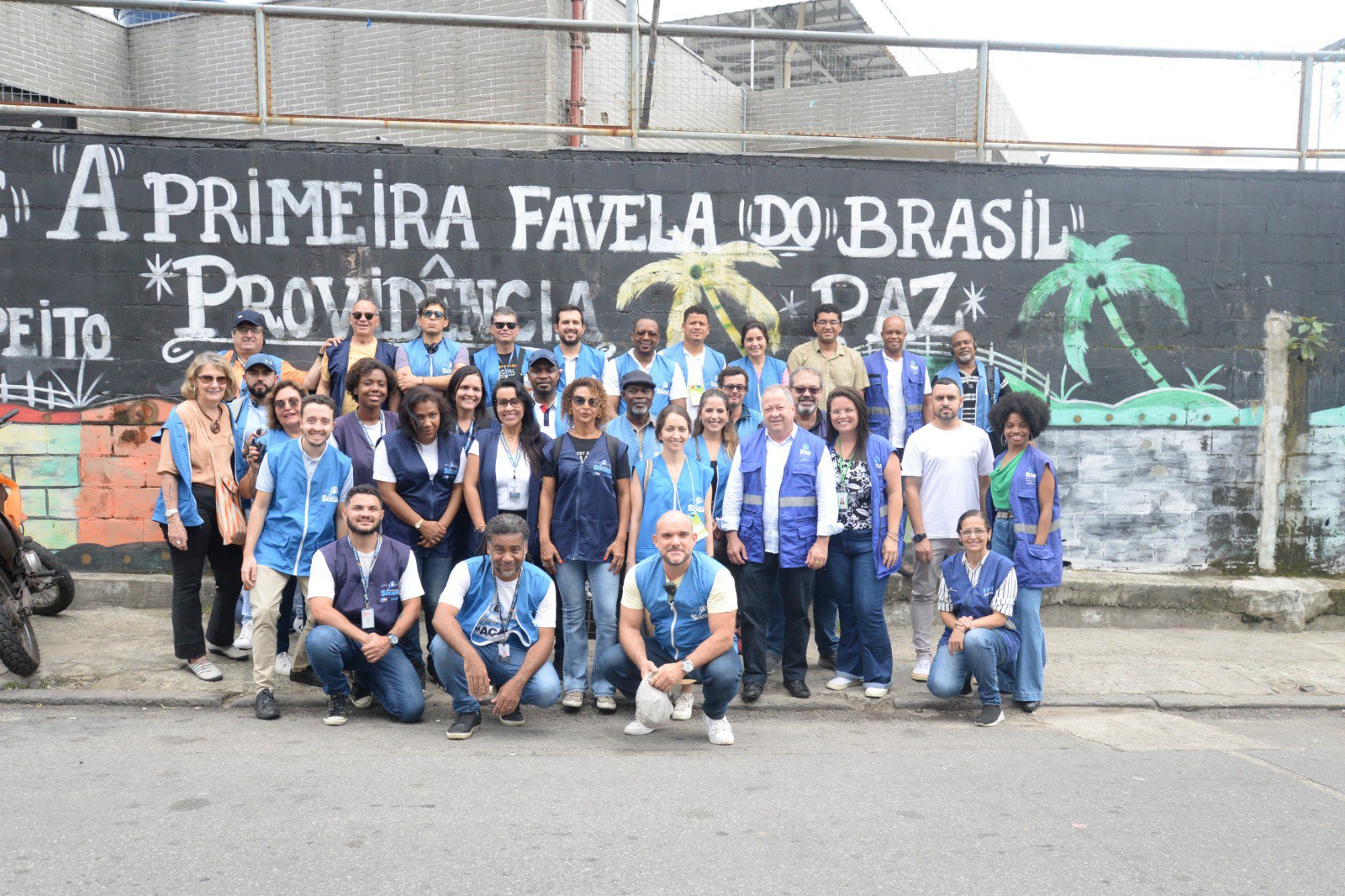
- International Seminar on South-South Cooperation on Sustainable Housing Policies
The seminar was held in Rio de Janeiro from October 27th to 31st, and brought together leaders and experts to discuss solutions to local housing challenges. Representatives from five countries of the Global South attended the event, namely, Colombia, Ecuador, Mozambique, Cape Verde, and São Tomé and Príncipe.
The meeting was held within the scope of the Urban Symmetry program, an ABC and UN-Habitat initiative meant to share experiences and good practices related to sustainable urban development with countries of the Global South through Trilateral South-South Cooperation. The action aims to contribute to strengthening the capacities of local and national governments with regard to formulating, implementing, and monitoring urban public policies in the Global South.
“The meeting was an opportunity for representatives of the various countries to identify synergies related to the challenges and experiences presented during these four days, so that they are in a position to formulate concrete action projects to carry out more sustainable public housing policies,” stressed Ms. Luciana Tuszel, Coordinator of the UN-Habitat Urban Symmetry Program.
Cooperation
The diplomatic minister Mariana Madeira, from ABC, highlighted the collaboration among the different sectors of government. “Brazilian cities, as well as many others across the Global South, face urban infrastructure challenges, which pose an impact on the quality of life of citizens. Aware of problems at the city level, the government has been channeling funds for the formulation of strategies that promote quality of life and environmental protection. In order to do so, we have been collaborating with various government sectors and the civil society,” she said.
The Regional Director of UN-Habitat for Latin America and the Caribbean, Mr. Elkin Velásquez, said how important it was that various players participated. “This event is a celebration of multilateralism. It cannot happen without the commitment of all parties, not only UN agencies, but also those who participate in events like this. Concrete guidelines for working on the urban agenda and the Sustainable Development Goals do come out of here. This is how we see the way to connect a good policy and strategy to concrete transformations for the benefit of communities,” he explained.
The main objectives of the seminar were to develop and strengthen sustainable housing policies, and to encourage cooperation among the participating countries, so as enable them to face common housing challenges.
For the Deputy Minister of Urban Development and Housing of Ecuador, Mr. Ricardo Narvaéz, invited by the program, the housing deficit is common to all countries invited and solutions may stem from cooperation. “There is no doubt that the housing deficit is a common challenge across the region, and also in other countries such as those in Africa,” he said. “International cooperation is the key to advance public policies, both in terms of implementation and financing, and, undoubtedly, we must be united to fine-tune these management models that allow us to carry out more powerful, comprehensive, and diversified interventions that can reach other locations.”
During the event, constructive discussions were held on critical housing-related topics, including access to housing, sustainability, housing policies, slum upgrading, and others. The programs “Territórios Sociais”, “Casa Carioca”, “Morar Carioca” and “Reviver Centro” were presented by representatives of the government of the city of Rio de Janeiro. The participants also went on a technical visit to slums on “Morro da Providência, Morro da Babilônia and Morro Chapéu-Mangueira”, in addition to the area served by the “Reviver Centro” program, to see examples of results achieved through the implementation of public housing policies in the city.
For Ms. Maria da Luz Bettencourt, Director-General of Budget Planning and Management of the Ministry of Infrastructures, Land Planning and Housing of Cabo Verde, “Each one can contribute with their experience and lesson learned,” she said. “It would be very good if this seminar could be institutionalized among countries and held frequently,” she suggested.
Mr. José Rita, Chairman of the Board of Directors of the Housing and Real Estate Institute of São Tomé and Príncipe, said that there were many challenges related to the matter in his country. “São Tomé and Príncipe has much to gain from this exchange of experiences with Brazil and invited countries through South-South cooperation.”
Mr. Armindo Munguambe, Chairman of the Board of Directors of the Fund for Housing Development of the Public Institute of Mozambique, praised the seminar and said he was impressed with the field tour. “They are simple and low-cost solutions that allow people to have dignity,” he said.
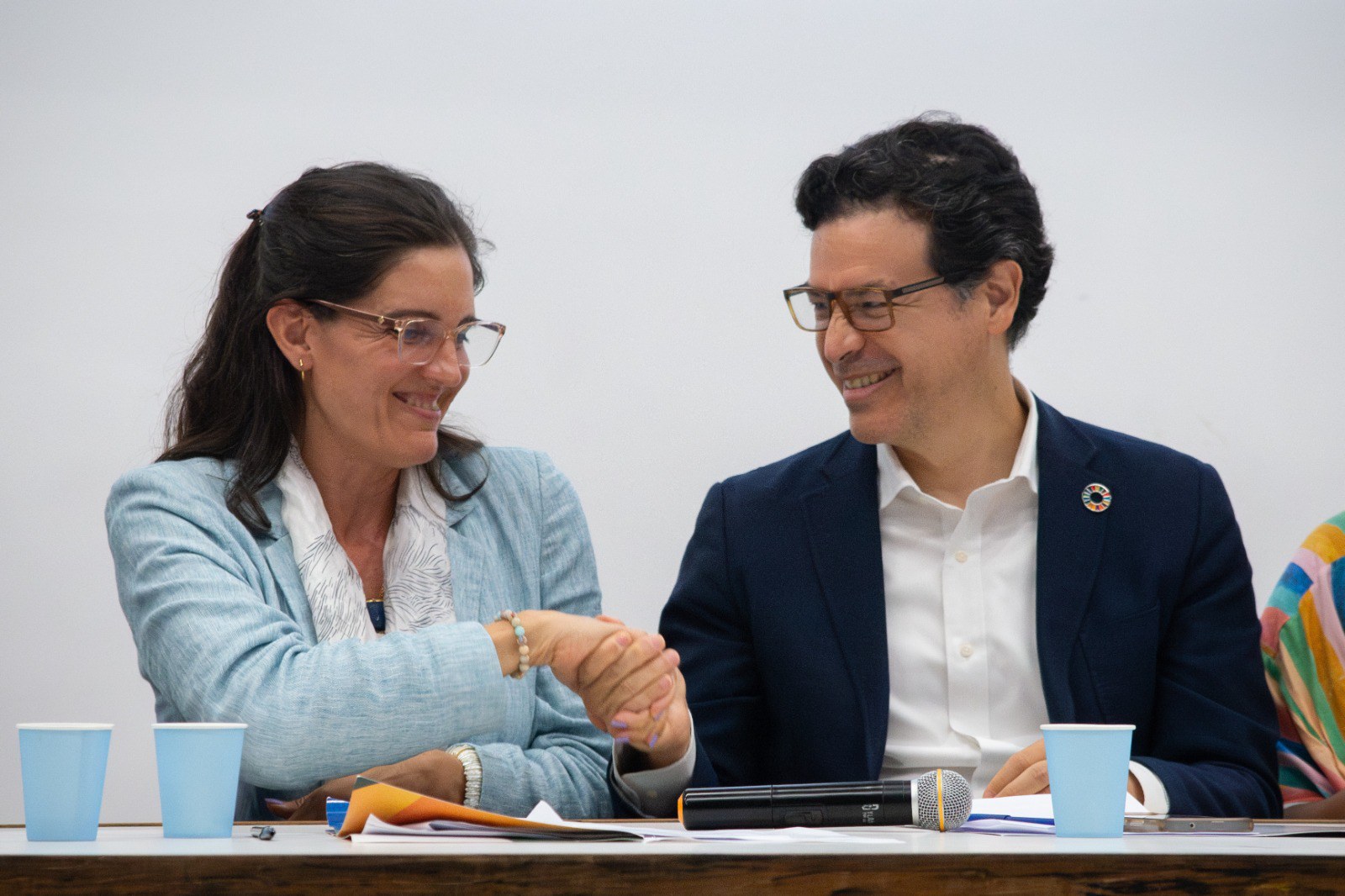
- Photo: Thayane Massopust
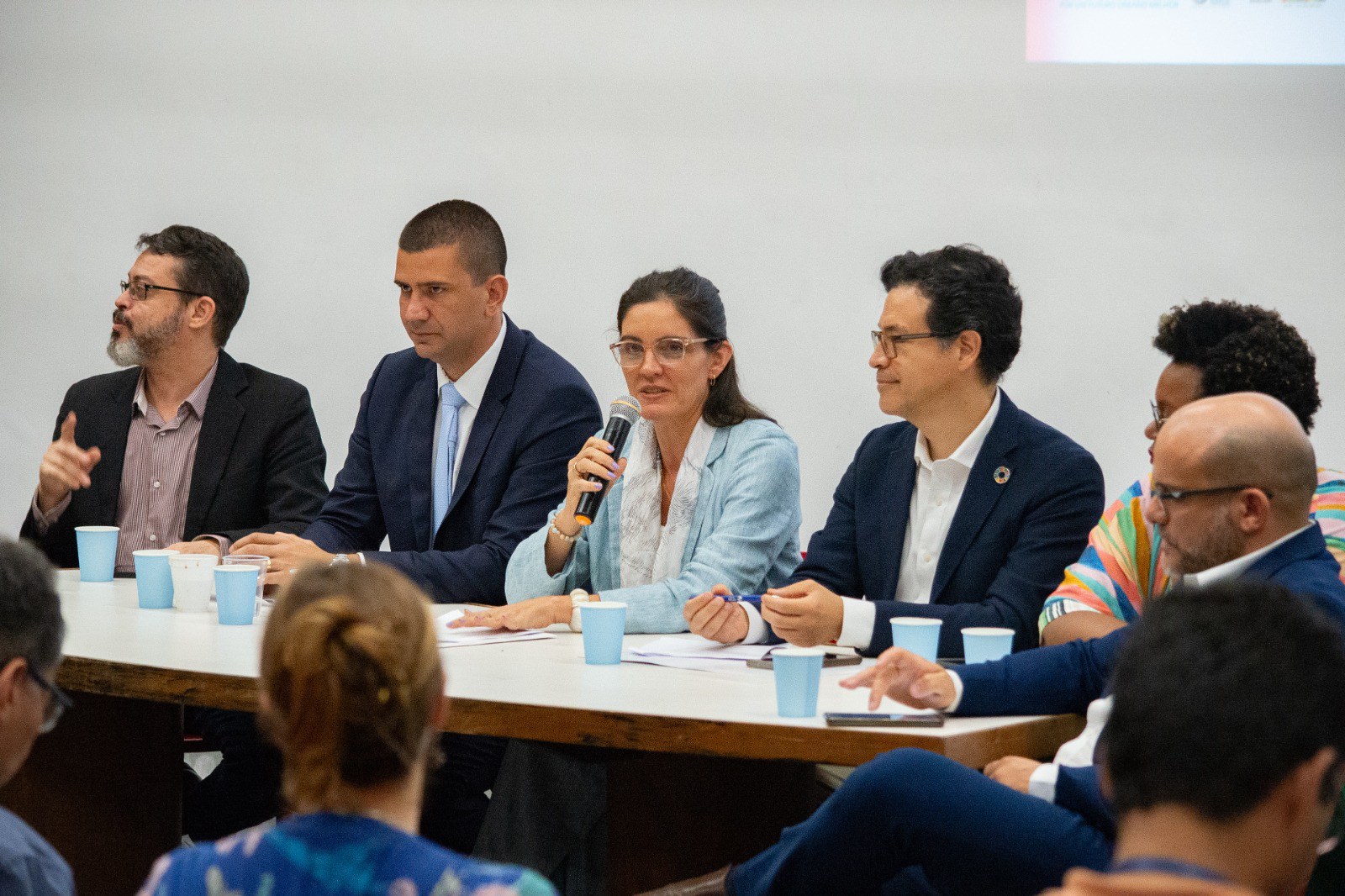
- Photo: Thayane Massopust
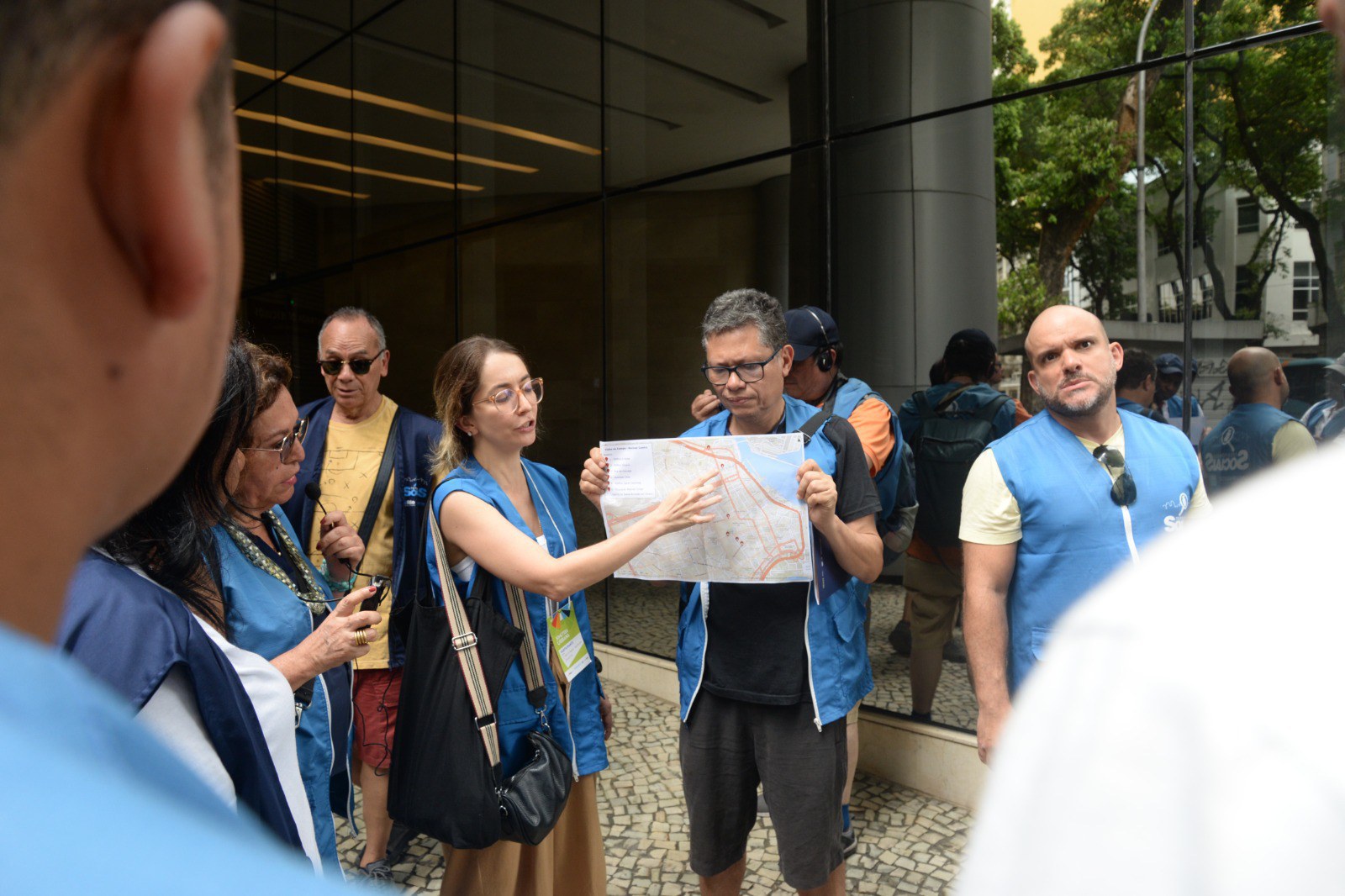
- International Seminar on South-South Cooperation on Sustainable Housing Policies
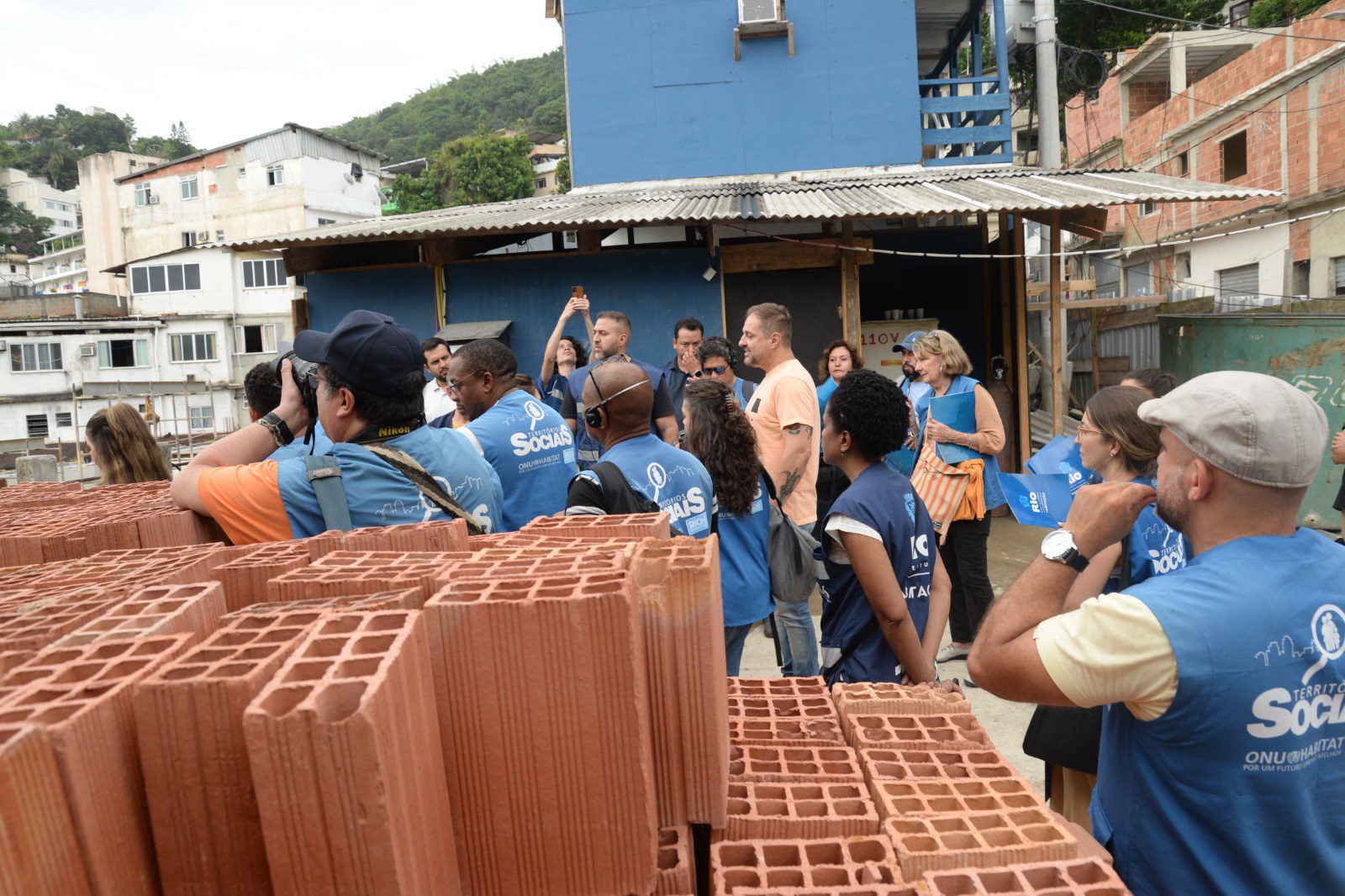
- International Seminar on South-South Cooperation on Sustainable Housing Policies
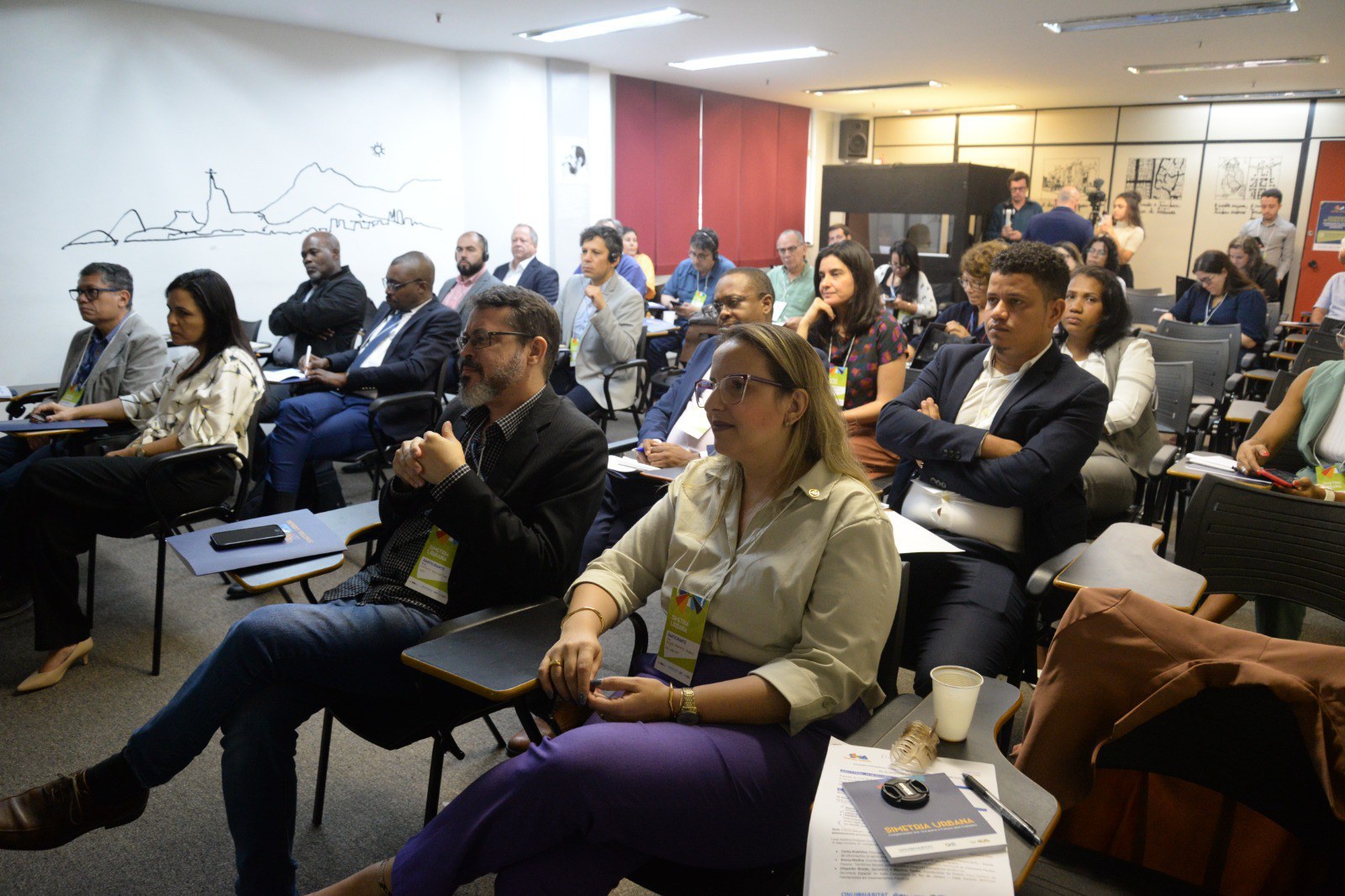
- International Seminar on South-South Cooperation on Sustainable Housing Policies
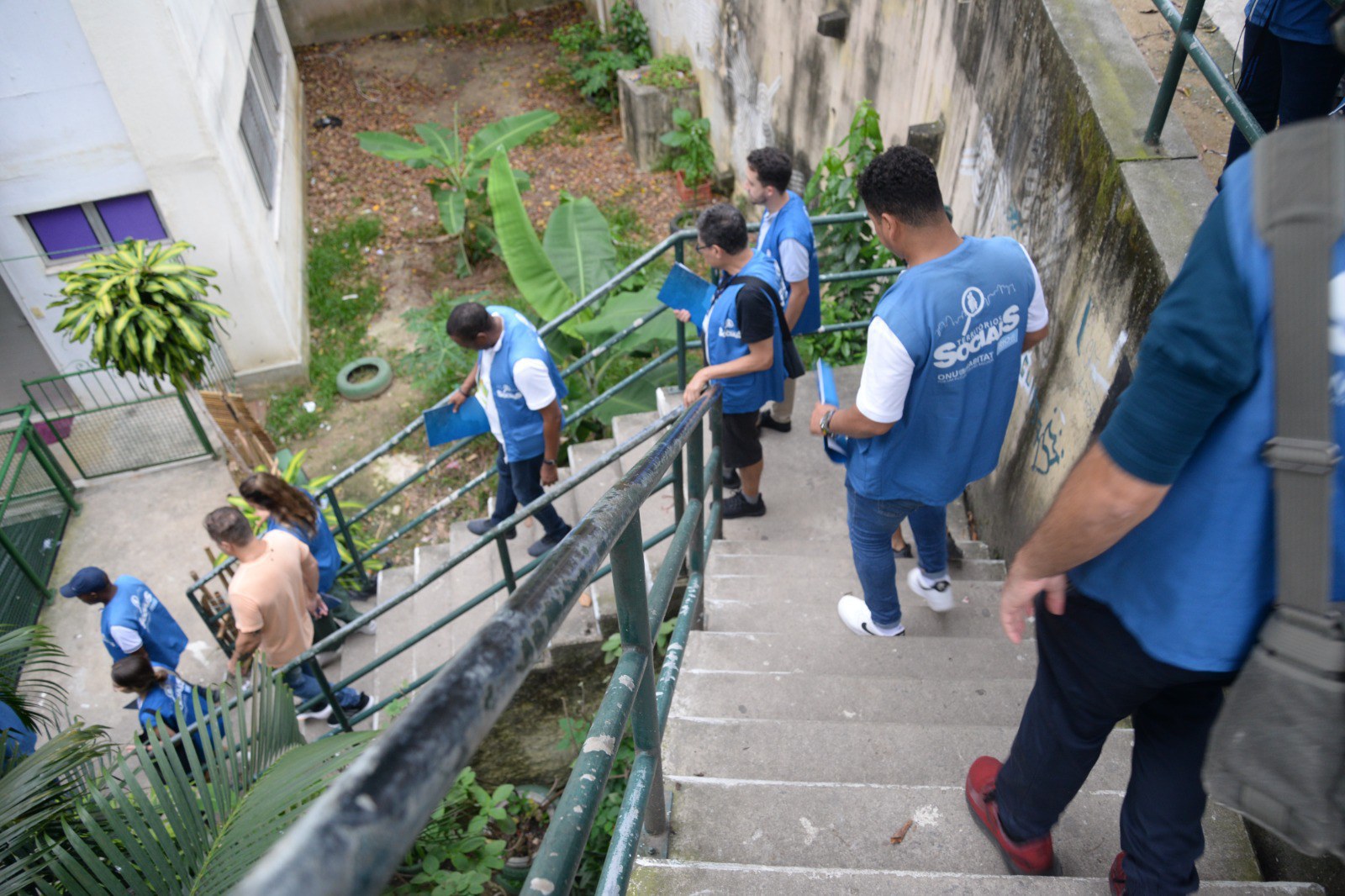
- International Seminar on South-South Cooperation on Sustainable Housing Policies
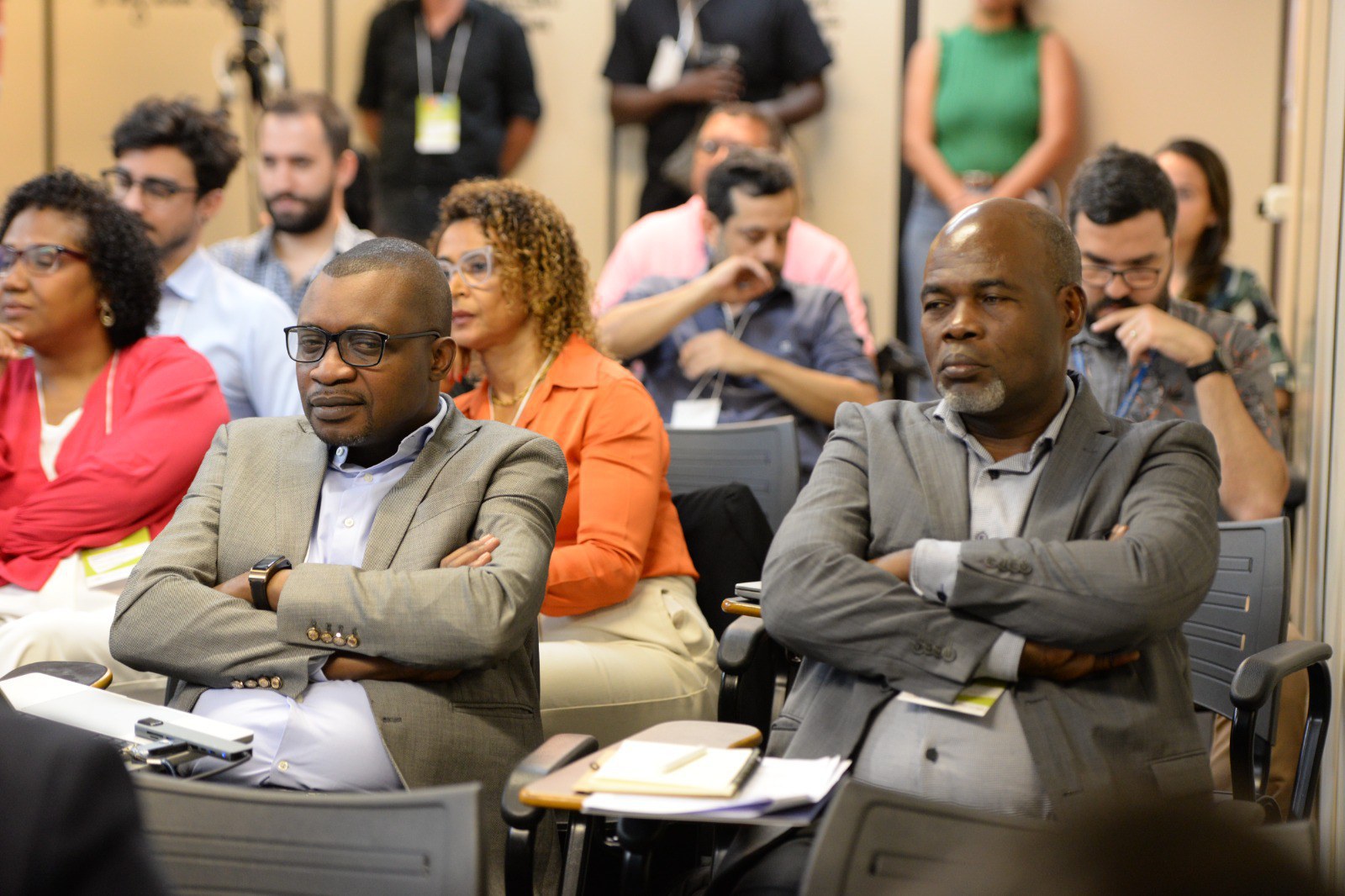
- International Seminar on South-South Cooperation on Sustainable Housing Policies